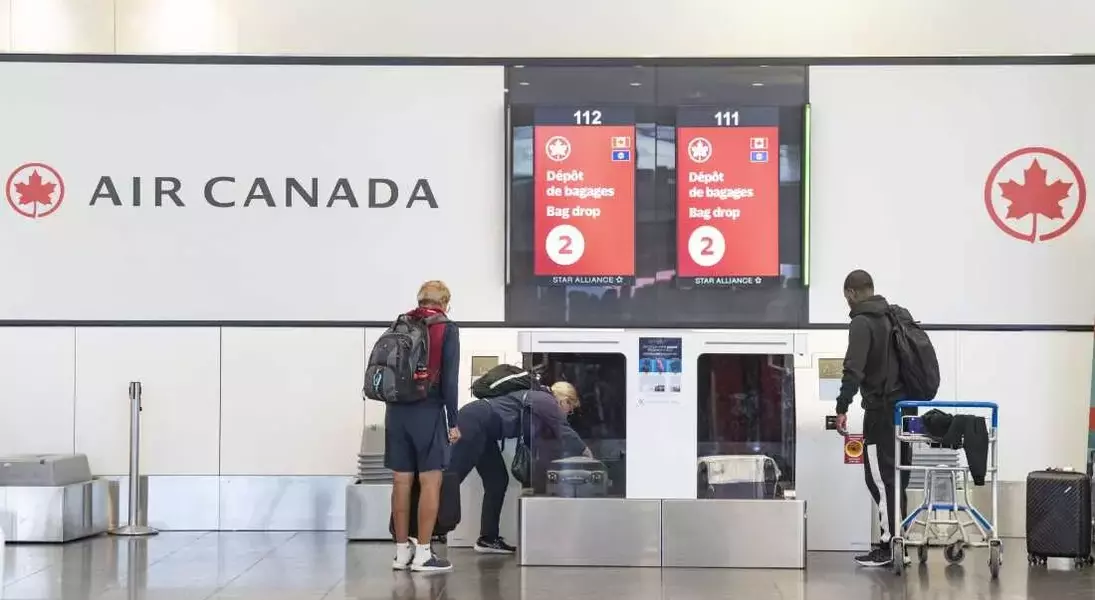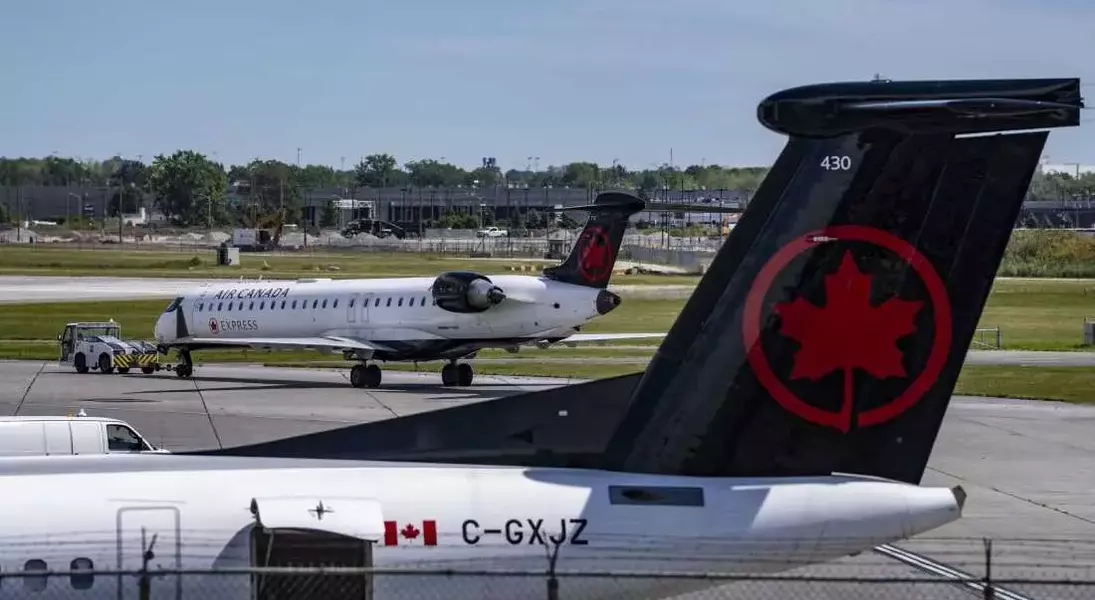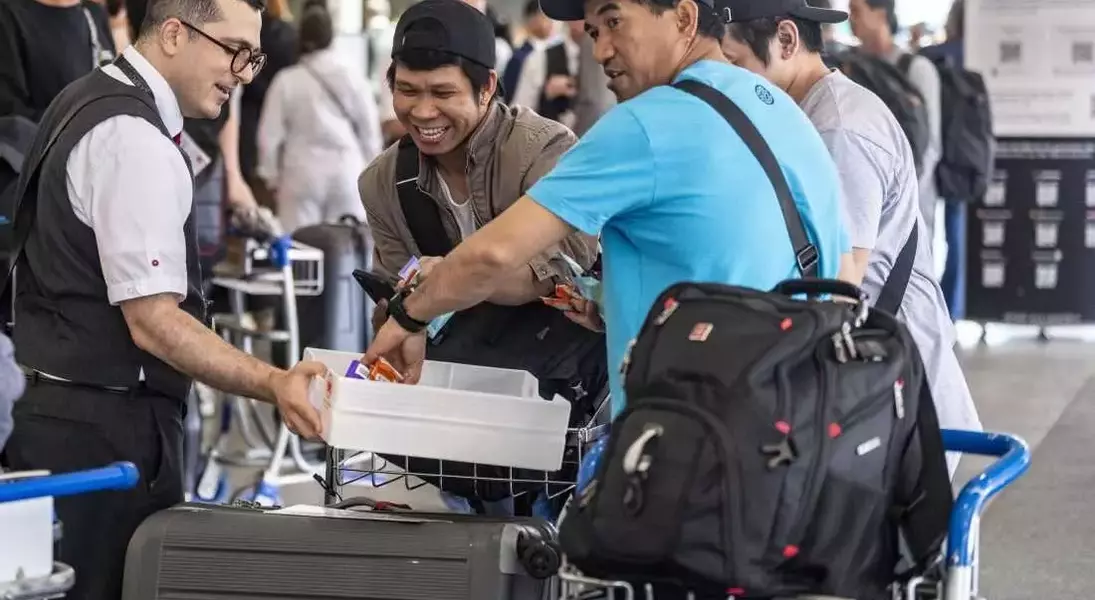




Air Canada is progressively reinstating its operations after successfully reaching an accord with its unionized flight attendants, bringing an end to a disruptive strike. This resolution, achieved after intense negotiations, ensures that flight attendants will receive remuneration for their time spent on the ground, addressing a central point of contention that fueled the industrial action. The airline anticipates a phased return to full service, which may span several days, as it works to normalize its schedule and minimize further inconvenience for passengers affected by the recent stoppage.
The agreement between Air Canada and the union representing approximately 10,000 flight attendants was finalized in the early hours of Tuesday. This breakthrough followed the resumption of dialogue on Monday evening, marking the first direct talks since the strike commenced over the weekend. The strike had severely impacted air travel during the peak summer season, affecting an estimated 130,000 travelers daily. With the new understanding in place, Air Canada announced that flights would progressively restart from 4 p.m. ET, initiating the process of restoring regular air services.
The labor dispute originated when flight attendants initiated a walkout on Saturday morning, rejecting the airline's proposal for government-mandated arbitration. A key demand from the union was fair compensation for tasks performed while aircraft were not airborne. In a statement, the union celebrated the agreement as a victory, declaring the end of 'unpaid work' and affirming that they had 'reclaimed their voice and power,' securing a provisional agreement for their members' consideration.
Michael Rousseau, Air Canada's chief executive, acknowledged the intricate nature of reinstating a major airline's operations. He projected that it could take up to 7 to 10 days to achieve a full restoration of regular service, indicating that some flights might remain canceled during this transition period. He appealed for patience and understanding from customers as the airline diligently works towards stabilizing its schedule. Previously, the airline had faced challenges as the union initially defied a return-to-work order from the Canada Industrial Relations Board, which had declared the strike unlawful.
The government's intervention saw the Canada Industrial Relations Board step in, although its initial directives for flight attendants to return to work and enter into binding arbitration were not immediately followed. This highlighted a broader concern among labor leaders regarding the recurring governmental use of legislation to curtail workers' right to strike, a measure previously employed in other sectors. However, the latest agreement was facilitated by a mediator, with the understanding that flight attendants would immediately return to duty. Air Canada has refrained from further public commentary on the specifics of the agreement until the ratification process is complete, emphasizing that no further strikes or lockouts can occur during this period. The airline aims to complete approximately half of Tuesday's scheduled flights, prioritizing international departures, with a more substantial ramp-up for North American routes slated for Wednesday morning. Toronto's Pearson International Airport is deploying additional personnel to support the restart and assist passengers, while Prime Minister Mark Carney expressed relief at the tentative agreement, hoping it ensures equitable compensation for flight attendants and minimizes disruption for a vast number of travelers and families. Passengers whose travel plans were disrupted are eligible for a full refund via the airline's online platforms.
The recently concluded labor dispute between Air Canada and its flight attendants underscores the critical role of fair compensation for all work performed and the complexities involved in resolving major industrial actions. The airline's commitment to gradually resume services and the union's success in securing payment for on-ground duties represent a significant step towards stability. Both parties, aided by mediation, have paved the way for a return to normalcy, allowing travelers to proceed with their plans and the airline to rebuild its operational rhythm.
